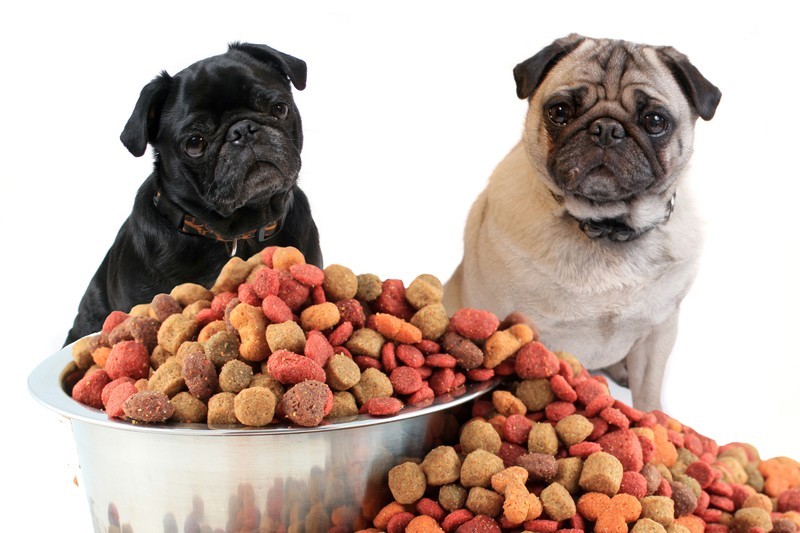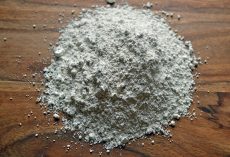Solve the mystery to your dog's sensitivities. This insightful and need to know information below may surprise you!
What are the most common clinical signs of food sensitivities in dogs?
The hallmark of food sensitivity is itching (or pruritus, in medical terms). Food sensitivities also typically manifest as gastrointestinal and skin issues. If the offending food is not eliminated, chronic inflammation resulting from the sensitivity might lead to more serious illnesses, such as autoimmune diseases or even cancers.
What is the difference between food sensitivities/intolerances and food allergies?
Reactions to a true food allergen typically occur immediately or shortly after the ingredient is ingested, and symptoms are often severe, such as hives, a swollen face, or even anaphylaxis, with a closure of the airways. True food allergies are rare in dogs, and most cases of diagnosed food allergies are actually food sensitivities/ intolerances.
Why do so many dogs suffer from food sensitivities/intolerances?
A major contributing factor might be the constant exposure to just one or two proteins in the diet … many companion dogs consume one food every day for years, resulting in repeated, longterm exposure to one protein and one carbohydrate. Over time, the protein and carbohydrate burden the dog’s immune system, triggering sensitivity.
How can you decrease a dog’s likelihood of suffering from food sensitivities/intolerances?
Rotating among three or four different types of proteins every few months will give your dog’s body a “vacation” from each source, helping to avoid a sensitivity from forming.
It’s not uncommon for a dog to refuse to eat a particular food but have an otherwise robust appetite. Could this indicate a food sensitivity/intolerance to an objectionable ingredient?
If a dog with an otherwise normal appetite refuses to eat one or two specific foods, she might be telling you that the foods disagree with her. For that reason, I never recommend forcing a dog to eat a food she resists.
It's no wonder some doggies are feeling a little sick when they eat their foods. There are so many different proteins to watch out for in your pup's food. Sticking to a few of the same dog foods he loves and switching them around seems to be the easiest solution.
For more information on dog food sensitivities, visit Dogster.










Matthew Wilson
- Edit
Robin Reilly
Pug Fans Society
- Edit
Erm? :
Pug Fans Society
- Edit
love the comments everyone ?
Javier Ramon Jr.
- Edit
Erica Phalen
Marsha Holladay
- Edit
I have one if each like these two! Lights of my life!!